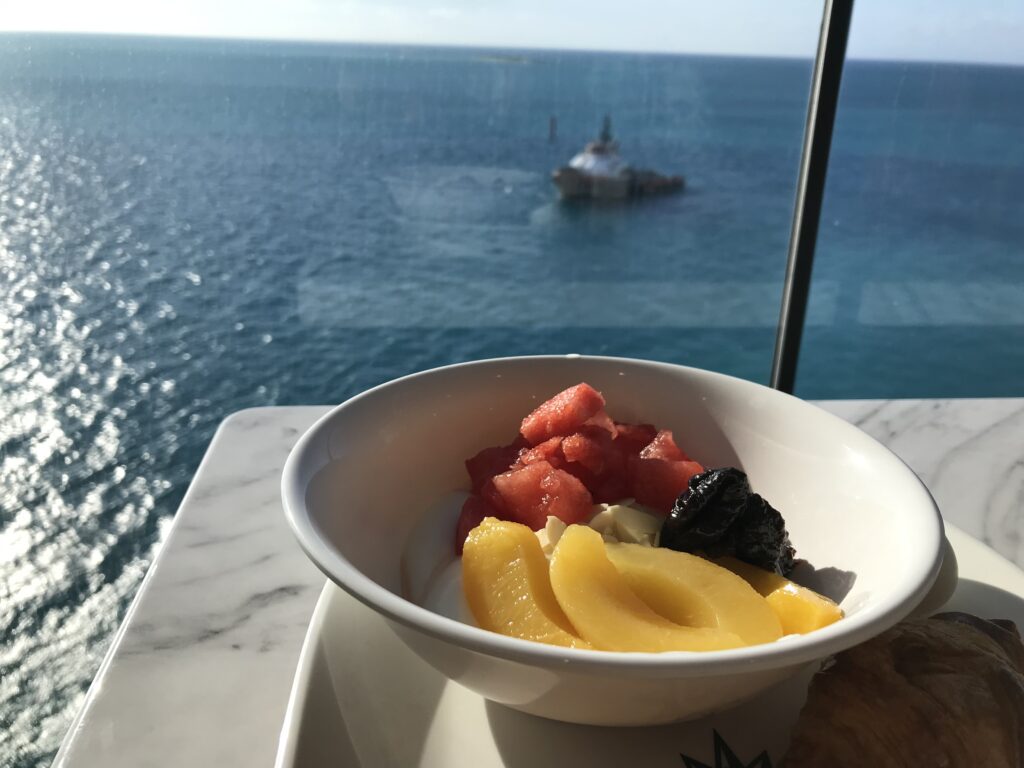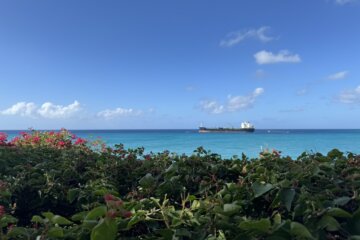Exploring the Psychological Benefits of Cruise Travel: An Empirical Review
Abstract:
This article delves into the psychological benefits accrued from cruise travel. Rooted in prominent psychological theories and models such as the Stress and Coping Theory and Flow Theory, the discussion unveils how cruise travel can contribute to improved mental well-being. This research-based exploration provides valuable insights for both individuals and the cruise industry.
Keywords: Cruise Travel, Psychological Benefits, Stress and Coping Theory, Flow Theory.
Introduction
The popularity of cruise travel has surged over recent decades. Beyond the tangible appeal of inclusive packages and multi-destination experiences, cruise travel offers a wealth of psychological benefits. Drawing on established theories, this article seeks to delineate these benefits, providing a deeper understanding of the therapeutic potential of cruise travel.
Stress Reduction and Relaxation
Aligned with the Stress and Coping Theory (Lazarus & Folkman, 1984), cruise travel can serve as an effective stress management strategy. The all-inclusive nature of cruise packages eliminates the stress of planning and logistics, enabling travelers to focus on relaxation and enjoyment. Furthermore, the calming effect of the surrounding seascape, supported by Kaplan’s Attention Restoration Theory (1995), offers cognitive respite, contributing to overall stress reduction.
Personal Growth and Learning
Cruise travel provides opportunities for personal growth and learning, a key component of psychological well-being (Ryff, 1989). Exposure to diverse cultures and experiences fosters cognitive flexibility and broadens perspectives. Educational lectures and workshops offered onboard also provide intellectual stimulation, promoting lifelong learning.
Social Connection
Cruise travel fosters social connections, an aspect linked to improved mental health (Baumeister & Leary, 1995). Shared experiences, group activities, and communal dining facilitate interaction and the building of relationships. This sense of belonging and increased social network can enhance life satisfaction and emotional well-being.
Experiencing ‘Flow’
Flow Theory (Csikszentmihalyi, 1990) postulates that individuals achieve optimal happiness when fully engaged in an activity that provides the right balance between challenge and skill. The myriad activities offered on a cruise ship, from rock climbing and surfing simulators to art classes and cooking workshops, offer opportunities for passengers to experience this state of ‘flow’, contributing to their happiness quotient.
View today’s Smart Deals at Cruise Critic
Conclusion
Cruise travel offers a wealth of psychological benefits, contributing to stress reduction, personal growth, social connection, and happiness. As the cruise industry continues to grow, understanding these benefits can aid in creating more psychologically enriching experiences. Further research should explore the long-term effects of these benefits and investigate the potential differential impacts across demographic variables.
References
- Lazarus, R. S., & Folkman, S. (1984). Stress, appraisal, and coping. Springer publishing company.
- Kaplan, S. (1995). The restorative benefits of nature: Toward an integrative framework. Journal of environmental psychology.
- Ryff, C. D. (1989). Happiness is everything, or is it? Explorations on the meaning of psychological well-being. Journal of Personality and Social Psychology.
- Baumeister, R. F., & Leary, M. R. (1995). The need to belong: desire for interpersonal attachments as a fundamental human motivation. Psychological Bulletin.
- Csikszentmihalyi, M. (1990). Flow: The Psychology of Optimal Experience. Harper & Row.






0 Comments